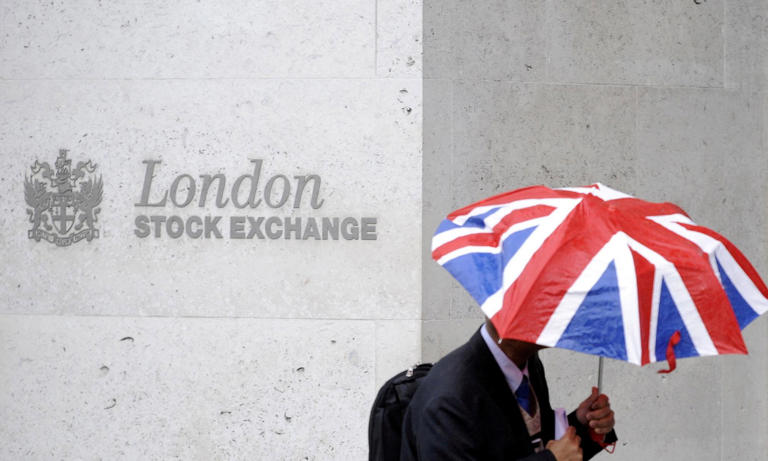David Schwimmer, CEO of the London Stock Exchange Group, predicts a resurgence of initial public offerings (IPOs) later this year, signaling a departure from the dry spell experienced in 2022 and 2023, which raised concerns about the vitality of the London stock market. However, the underlying issue may not solely be a lack of new entrants but rather a perceived indifference towards established UK companies valued at less than £1 billion.
The ongoing bid battle for Chippenham-based Wincanton, the last UK-listed logistics firm, exemplifies how the London market, or a segment of it, struggles to appropriately value its assets. Despite receiving a bid offering a 52% premium to its previous share price, Wincanton attracted further interest when a French shipping company, CMA CGM, proposed a bid of 450p per share, valuing the company at £567 million. Some shareholders deemed this offer insufficient, prompting CMA CGM to increase its bid to 480p. However, a new contender from the US, GXO Logistics, entered the fray with an offer of 605p per share.
This substantial increase, amounting to 104% above the previous share price, raises questions about market liquidity and the presence of active buyers and sellers. Wincanton, a company employing 20,000 individuals and operating in the warehouse and transportation sector, is perceived as relatively straightforward to evaluate compared to more complex industries like biotechnology.
The recent complexities surrounding companies like Wincanton and Currys highlight deeper issues within the UK equity market. Despite specific challenges faced by these firms, such as contract losses or pension deficits, the market’s response seems disproportionate. Wincanton’s chairman, Sir Martin Read, rightly noted that the company’s strong financial performance hasn’t been adequately reflected in its share price.
Currys, another example, has seen bids from US hedge fund Elliott increase significantly, yet the defending board remains resistant. This resistance reflects a broader concern about the UK equity market’s failure to fulfill its core functions of price discovery and efficient capital allocation. Fund manager Ian Lance pointed out the irony of UK investment houses allocating funds away from undervalued UK equities toward overvalued US equities.
The consequences of this trend are concerning, with overseas buyers capitalizing on undervalued UK companies, leading to a decline in domestic ownership. The proposed solutions, such as encouraging UK pension funds to invest more domestically or introducing a “British ISA,” are unlikely to yield significant changes overnight.
While radical ideas are needed to address these issues, current discussions seem focused on executive compensation rather than market transformation. Without meaningful interventions, the indifference towards small- and medium-sized UK companies may persist, perpetuating the cycle of undervaluation and foreign ownership. Schwimmer’s emphasis on executive pay fails to address the fundamental challenges facing the broader market.
